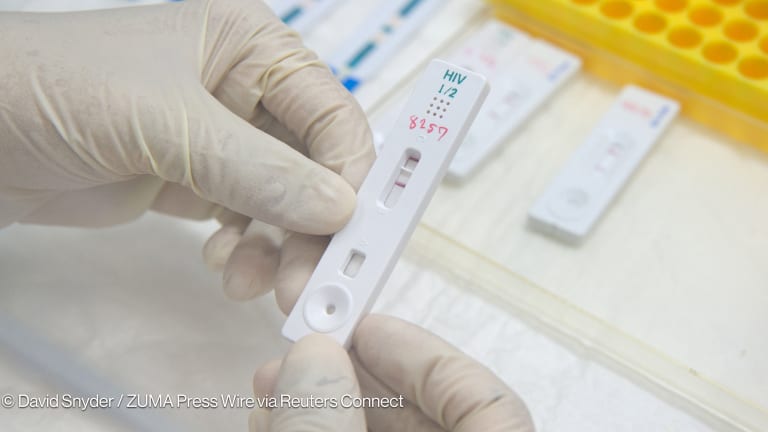From water cooler chats to congressional hearings and from Monrovia to Geneva, there has been one phrase voiced consistently about the West African Ebola crisis: “We must learn lessons from this.”
It is of course well and good that the world seems determined to understand how this crisis came to be, how it was able to explode in previously unforeseen ways, and how we can prevent it from happening again. But I’m increasingly worried that the collective repeating of this phrase is lulling us into complacency, as if simply saying it enough times will eventually make it so.
Complacency about the post-Ebola response is particularly worrisome because there is no shortage of issues that require urgent action. Depending on who you ask, you might hear about the need for smarter disease surveillance systems, World Health Organization funding and reform, improved governance, or more robust accountability measures — all subjects worthy of attention. But if we’re looking for one clear place to start acting, we must begin by acknowledging — and then quickly remedying — a foundational challenge: the drastic health worker shortage and fragile health systems in the three most affected countries, especially in the remote areas where the outbreak first took hold.








